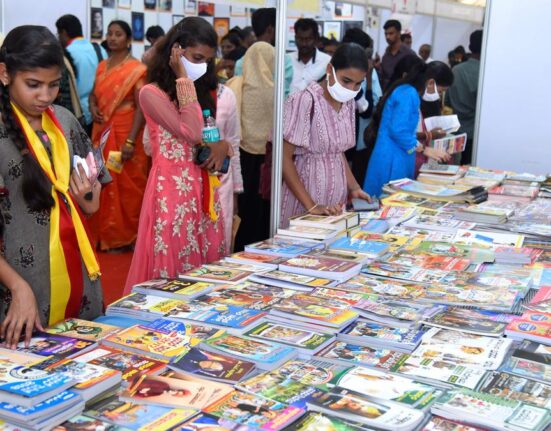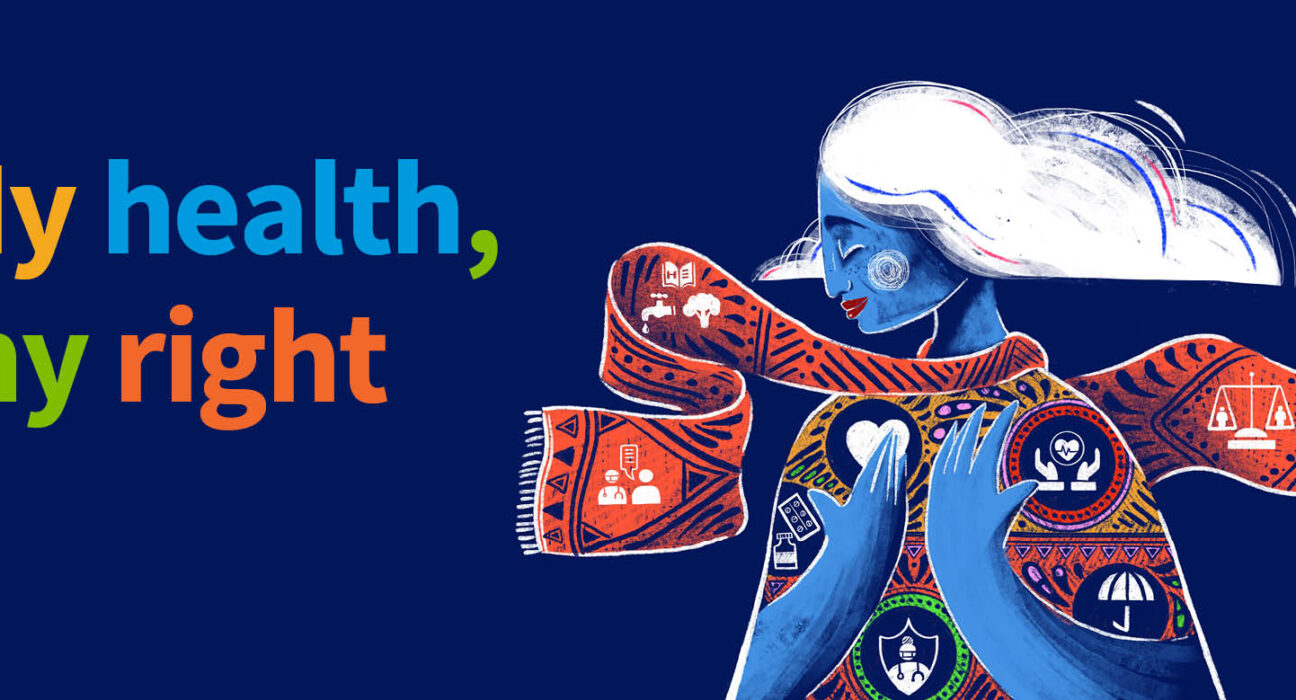Every year on April 7th, the world comes together to observe World Health Day, an opportunity to raise awareness about pressing health issues and advocate for universal healthcare coverage. This day, established by the World Health Organization (WHO) in 1948, marks the anniversary of the organization’s founding and serves as a reminder of the importance of health for all.
The theme for World Health Day varies each year, highlighting different aspects of health that require attention. From mental health to climate change, each theme sheds light on the interconnectedness of various factors influencing our well-being. This year’s theme, for instance, might focus on the challenges posed by emerging infectious diseases, the importance of vaccination, or the need for equitable access to healthcare services worldwide.
At the heart of World Health Day is the recognition that health is not just the absence of disease but a state of complete physical, mental, and social well-being. Achieving this state requires concerted efforts at individual, community, national, and international levels. Governments, healthcare professionals, non-governmental organizations, and individuals all have roles to play in promoting and safeguarding public health.
One of the key objectives of World Health Day is to advocate for universal health coverage (UHC), ensuring that everyone, regardless of their socio-economic status, has access to essential health services without facing financial hardship. UHC encompasses a wide range of services, including preventive, curative, rehabilitative, and palliative care, as well as access to essential medicines and vaccines.
Achieving UHC requires strong health systems that are accessible, affordable, and of high quality. This involves not only expanding infrastructure and training healthcare workers but also addressing social determinants of health such as poverty, education, and housing. It also necessitates tackling health inequalities, ensuring that marginalized populations and vulnerable groups receive the care they need.
Furthermore, World Health Day serves as a platform to address emerging health challenges and promote health literacy. In an increasingly interconnected world, diseases can spread rapidly across borders, emphasizing the importance of global cooperation in disease surveillance, prevention, and response. It also underscores the need for robust public health policies and effective communication strategies to combat misinformation and promote healthy behaviors.
As we commemorate World Health Day, let us reaffirm our commitment to building healthier and more resilient communities. Let us advocate for policies that prioritize health equity and human dignity. Let us empower individuals to take charge of their health and well-being through education and access to services. Together, we can create a world where everyone has the opportunity to live a healthy and fulfilling life.
In conclusion, World Health Day is a reminder of the collective responsibility we share in promoting and protecting the health of all people. It is a call to action to address the underlying determinants of health, strengthen health systems, and ensure that no one is left behind. By working together, we can create a healthier, more equitable world for generations to come.












